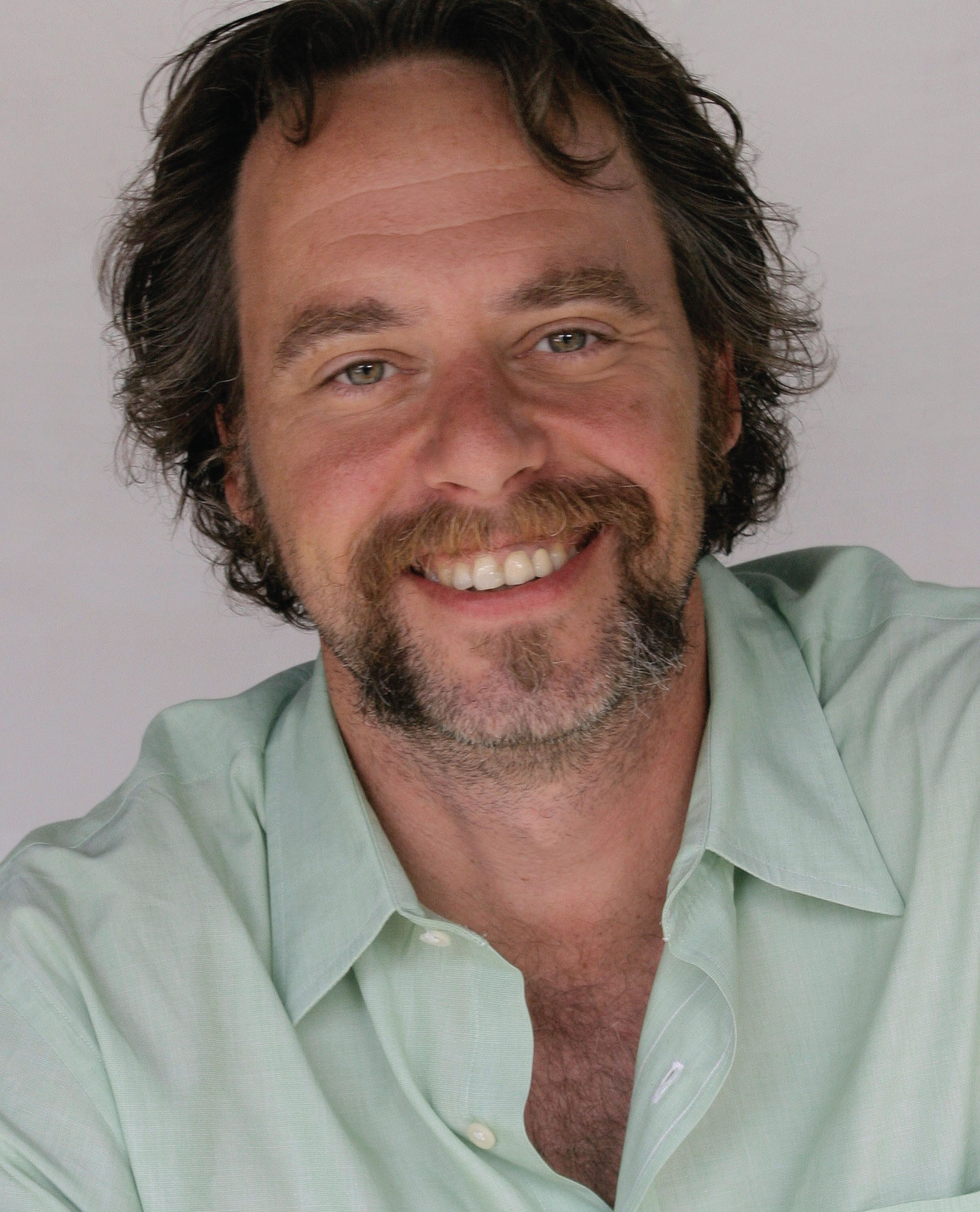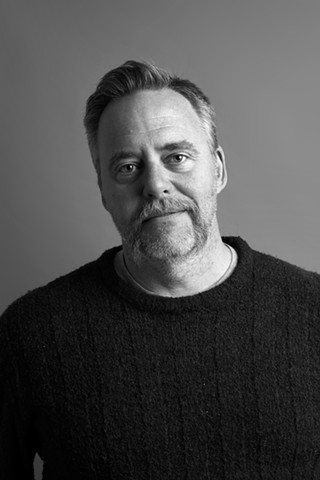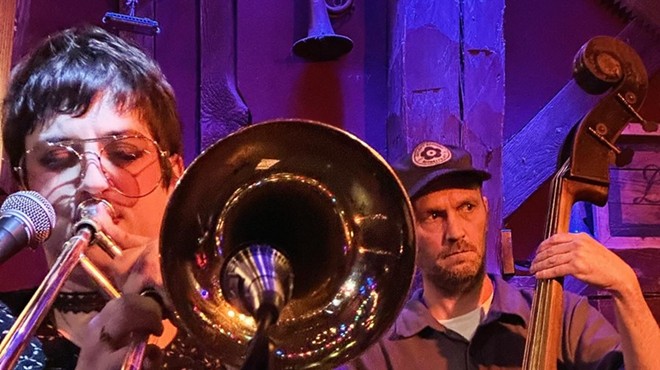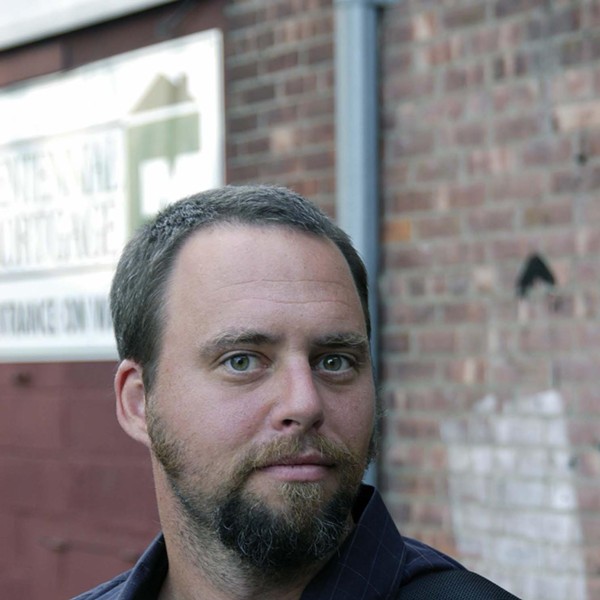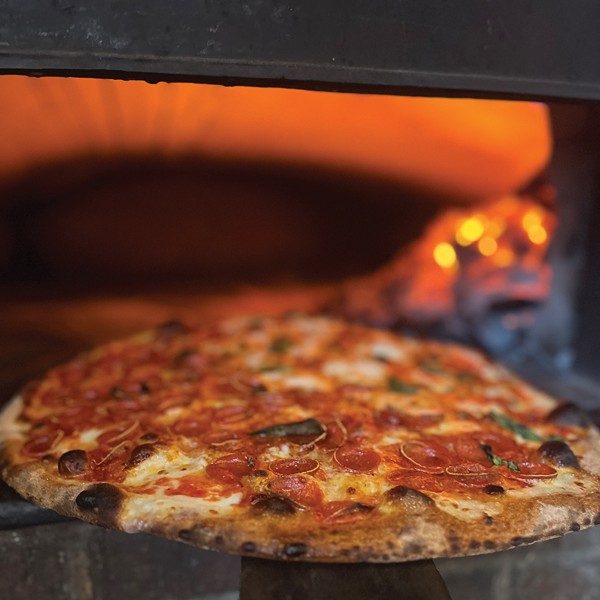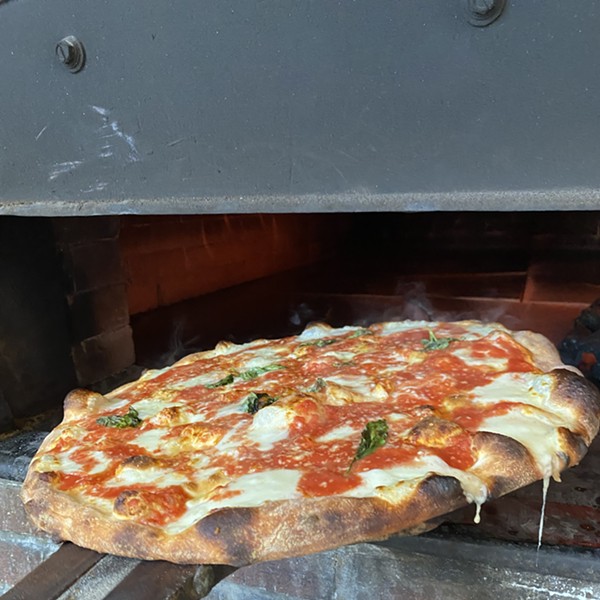My friends Dave and Corinne are contemplating moving upstate from Brooklyn. We all know the story if we haven’t lived it ourselves: They’re in their mid-forties and the go-go life in Gotham has lost its luster. Once that happens, what’s left is a layer of grime on every metal-plated subway fixture. Corinne has the possibility to work out of an office in Albany; Dave’s thinking about returning to his first career—he’s a CIA grad—and opening a bistro. They’ve made a couple of tentative weekend explorations of Rhinebeck and Hudson to look at apartments. They’re excited about renting a space twice as big as their Park Slope apartment for half the price.
But they’re unsure. It’s a big move, after all. And Dave and Corinne seem to know that once you move up here full-time, you don’t actually go back to New York very often. Your life is here now. All your friends want to get out of the city anyway, especially in the summer. In a way, your life follows you.
Then Dave asks the all-important question: “Can we get sushi in the country?”
The query is both a straightforward concern about access to raw fish prepared by Japanese-trained chefs, and also a metaphysical predicament: Is there enough city in the country to satisfy me? Sushi as a reductive stand-in for art, Shake Shack, Jivamukti yoga, the Film Forum, six thousand years of civilization.
When I relocated 15 years ago, you had to travel to Rhinebeck from New Paltz for sushi at the fledgling Osaka. Of course, we always made it a two-fer with a visit to Upstate Films. (New Paltz currently boasts three sushi places and a Japanese noodle house. I’ll leave the debate about gentrification vs. culinary enlightenment alone for the moment.) And not only does Osaka now have a sushi outpost in Tivoli—a burg not big enough to need a stoplight—but I ate there recently in the company of representatives of Dia:Beacon and Bard’s Center for Curatorial Studies, chatting about such urbane topics as the Blinky Palermo retrospective that opens this month (Parting Shot, page 128).
Would you like a side of highbrow conversation with your country sushi?
Those of us who call the Hudson Valley home get our city-in-the-country in different ways. For Jonathan Korn, it meant renovating a derelict brick townhouse in Kingston’s Rondout neighborhood, within walking distance of the Hudson River and a number of restaurants (Home, page 24). With a view of the Wurts Avenue bridge on one of the city’s steepest streets, it looks a lot like San Francisco down there, but with access to the great outdoors, a quality Korn, an avid hiker, cherishes.
Summer brings the city to the country in countless other ways. It’s a cultural cornucopia, for one, with the world’s brightest talents traveling to perform in our bucolic setting. Peter Aaron previews the summer music festival circuit this month, highlighting concerts ranging from opera to jam bands and every genre in between (Music, page 56). If you’d rather stay in and host the soiree at your place, Holly Tarson has rounded up the drinks for you, canvassing the region’s talented mixologists for an assortment of tasty adult party beverages (Summer Entertaining, page 37). Last but not least, that paradoxical city import, the farmers’ market. What was once the exclusive domain of Union Square and Grand Army Plaza has taken root in the Hudson Valley, with over 35 weekly markets filled with the bounty of the counties (2011 Guide to Farmers’ Markets, page 86).
Akiko Busch takes the meandering trail to the top of Beacon Mountain in her recent book of essays Patience: Taking Time in An Age of Acceleration, reflecting on how we bring ourselves—our civilization, our “city”—with us wherever we go. I’m a huge fan of Busch’s thoughtful prose—she’s a graphic designer as well as a writer, and her style is as clean and clear as a carefully laid out page of text—and I’m pleased as punch we're publishing a portion of Patience this month (Excerpt, page 22). A century ago, people traveled for miles to take the incline railway to the top of Beacon Mountain. They partied and danced the night away at the casino there, an outpost of merriment perched in the wilderness. It just goes to show what people won’t do for a little city in the country. I’ll have to tell Dave and Corinne about that.
P.S.
Thanks to everyone who took the time to fill out our reader survey in the past month. We’ve received over 400 responses—a statistically significant number, I am told—and we’ll be using the data to better align ourselves with your expectations of Chronogram.
- Home
- Arts
- Food & Drink
- Towns
- Home & Design
-
Towns
- Accord
- Amenia
- Beacon
- The Berkshires
- Catskill
- Chatham
- Cold Spring
- Cornwall
- Ellenville
- Gardiner
- Garrison
- Germantown
- Goshen
- Great Barrington
- Hunter
- High Falls
- Highland
- Hillsdale
- Hopewell Junction
- Hudson
- Hyde Park
- Kerhonkson
- Kinderhook
- Kingston
- Marlboro
- Middletown
- Millbrook
- Millerton
- Montgomery
- Mount Tremper
- New Paltz
- New Windsor
- Newburgh
- Orange County
- Pawling
- Peekskill
- Phoenicia
- Poughkeepsie
- Putnam County
- Red Hook
- Rhinebeck
- Rosendale
- Saugerties
- Stone Ridge
- Sugar Loaf
- Tivoli
- Wappingers Falls
- Warwick
- Woodstock
- Westchester
- Lifestyle
- Horoscopes
- Cannabis
- Wellness
- The River
- Events
- Chronogrammies
- Newsletters
- Add Your Event
- Support Us
- Login
- sign in
- Username
[]
Tags
About The Author
Brian K. Mahoney
Brian is the editorial director for the Chronogram Media family of publications. He lives in Kingston with his partner Lee Anne and the rapscallion mutt Clancy.
Support Chronogram
Related Content
Website
Chronogram







